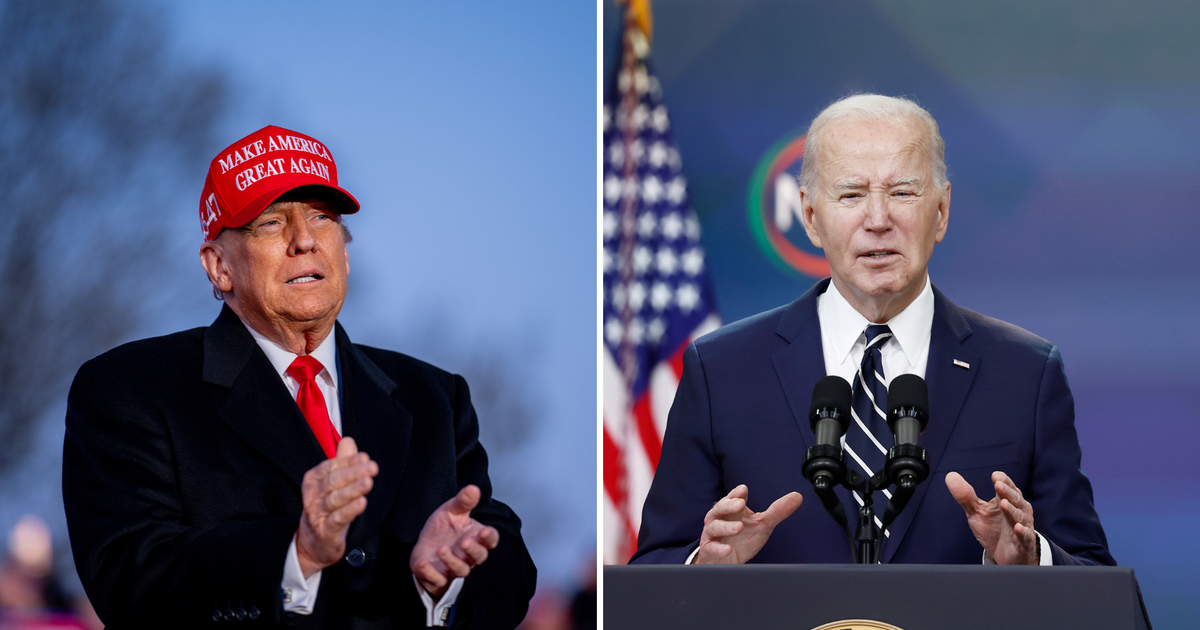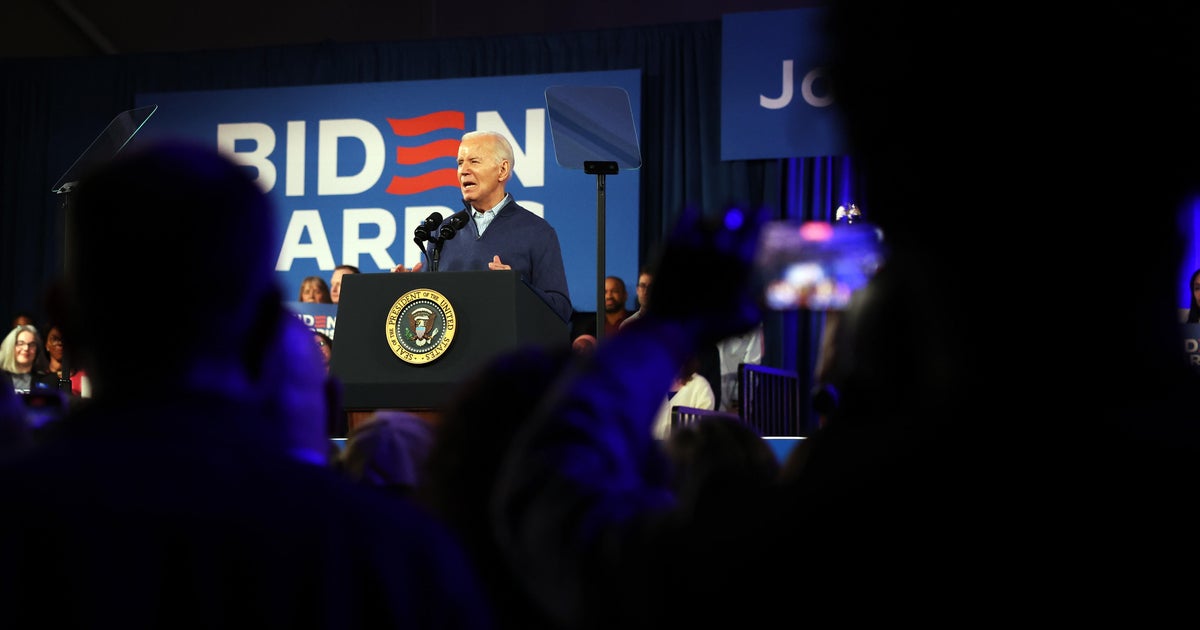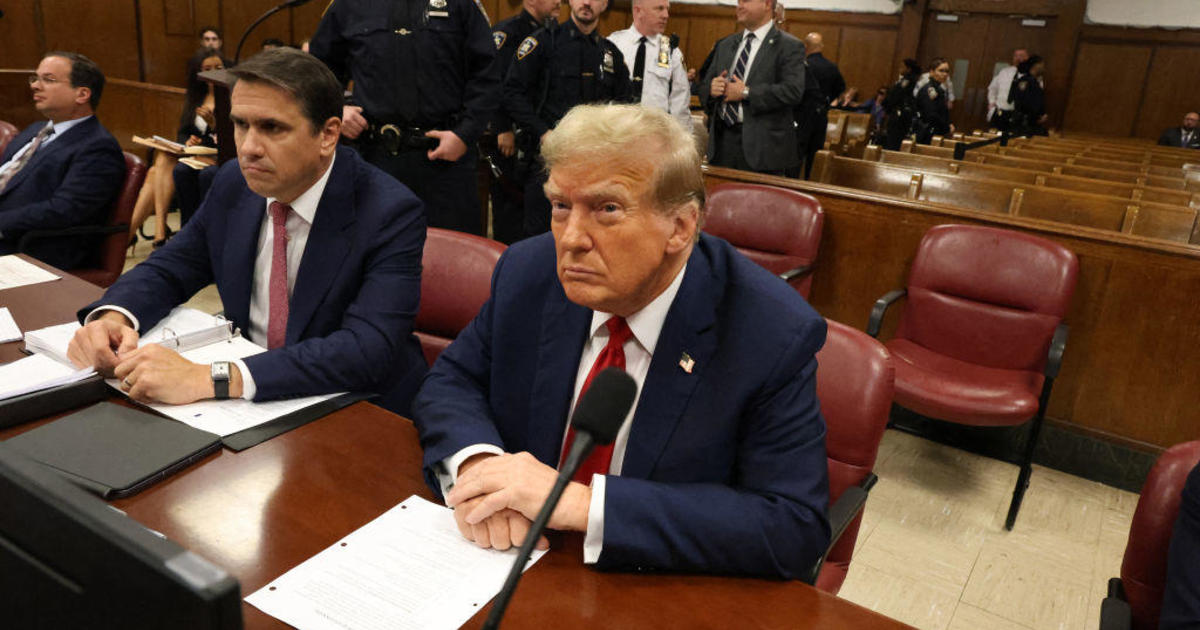Here is Trump's plan for the Iran deal
The United States will remain in the Joint Comprehensive Plan of Action (JCPOA) — better known simply as the Iran nuclear deal — but President Trump will not re-certify to Congress that Iran is in compliance with the agreement by the Oct. 15 deadline.
That is what Secretary of State Rex Tillerson told reporters on Thursday, previewing what Mr. Trump will say in his long-anticipated announcement on the Iran deal Friday afternoon. Mr. Trump, Tillerson said, has "come to the conclusion that he cannot certify" Iran's compliance to Congress according to the Iran Nuclear Agreement Review Act of 2015, which Congress passed to add additional oversight on Iran's compliance with the JCPOA. That doesn't mean the U.S. believes Iran isn't technically in compliance with the JCPOA, but rather, that the agreement doesn't go far enough to prevent the threats Iran poses, according to Tillerson. So, after months of an interagency review, conversations with partner nations and discussions with Iran, the president is taking a broader approach to the threats Iran poses, Tillerson said. Those threats include Iran's ballistic missile program and provocations, its backing of the militant group Hezbollah, the support of Houthi rebels in Yemen and deployment of fighters that have contributed to the high casualty numbers in Syria.
"We're not decertifying under the JCPOA," Tillerson said. "We're saying fine, they're meeting the technical compliance. This is a separate certification process required by our own domestic law, INARA."
For months, Mr. Trump said he would either back out of the Iran deal or renegotiate it, keeping partner nations in suspense. The White House has already re-certified the deal to Congress twice — INARA requires recertification every 90 days — while the administration considered what to do next. Now the administration has come to the conclusion that it is easier to negotiate a better nuclear deal by staying in the existing one.
The president's decision gives Congress a few options, Tillerson said. Congress can do nothing, and the U.S will still stay in the JCPOA. Congress can choose to reimpose sanctions against Iran, which could jeopardize the JCPOA with partner nations. Or, Congress can do what Mr. Trump prefers, and amend INARA to put "trigger" points in place so that if Iran crosses those lines, sanctions are reimposed immediately, Tillerson said. The president doesn't want sunset dates on restrictions on Iran's nuclear program, like those that currently exist in the JCPOA, so Mr. Trump wants to see Congress outline its own provisions without sunset dates.
"Let's take the INARA and amend the INARA to put in place some very firm trigger points in INARA, that if Iran passes any of these trigger points, the sanctions automatically go back into place," Tillerson said. "There's no determination other than they've hit a trigger point. There's no other sanctions required. The sanctions just automatically go back on."
Those sanctions, ideally for the White House, would relate to not just Iran's nuclear program, but also, its ballistic missile capabilities.
Congress will have 90 days to reach some agreement on INARA before the next certification period rolls around again, Tillerson noted. Tillerson wasn't overly optimistic about Congress' ability to reach some agreement in three months.
"I don't want to suggest to you this is a slam dunk" on Capitol Hill, Tillerson said.
But the secretary of state said it would be beneficial for Congress to address the matter legislatively, rather than through executive action alone.
"Now the benefit, the usefulness of that from our standpoint is one, it is a strong sense of the Congress, which represents the American people, strong sense of the president, that this is how we view Iran's activities and that we are never going to accept them resuming their nuclear weapons program," Tillerson said.
The president, Tillerson said, has asked that Congress either put more teeth into the deal, or walk away and start all over.
Although congress will be in the diver's seat, ultimately the administration will push an agenda: at this point they want to see the deal stay intact, and be made stronger, while clamping down on Iran aggressively outside of the deal. U.S. allies are worried that the administration's action could lead to a domino effect that would ruin the deal altogether. Yet Tillerson has been in talks with the U.K., Germany and France about the best way forward and the administration says they have not dictated a path. Maintaining a dialogue with these countries will be important as the administration trudges ahead.
"The political context in which the Europeans operate in is a difficult one given the unpopularity of the president," said Ambassador Dennis Ross, a former special assistant to President Obama, referring to Mr. Trump. For Europeans, who want to keep the deal but acknowledge the need to come down on Iran's destabilizing activity in the region, Ross explained the "concern is more the style than necessarily the substance" -- which makes the administration's approach extremely important.
The main objective, Tillerson emphasized, is to take a broader approach to Iran's behavior, scrutinizing the ballistic missile program and addressing the sunset clauses in the JCPOA in addition to addressing Iran's nuclear threat.
In that vein, the Trump administration is also looking to partner nations to consider a new agreement to work alongside the JCPO that would address those issues.
"I don't want to suggest to you that we give that a high chance of success, but there is an openness to talk about it," Tillerson said. "So where do we start. So that's one of the usefulness of having this INARA amendment. I think the second is that it does send that strong message to Iran that these requirements that the U.S. feels are necessary to ensure you never have nuclear weapons, these are with us, they are part of our relationship now and forevermore."
Mr. Trump will also direct Treasury Secretary Steve Mnuchin, Tillerson said, to take additional steps against the Iranian Revolutionary Guard Corp's support of terrorist activities in the region, specifically by sanctioning targeted individuals and perhaps entities that are owned by the IRGC and directly supporting terrorist activities.
"The treasury secretary is going to have broad latitude to begin to identify those and impose additional sanctions," Tillerson said.
But Sen. Bob Corker, the Republican chairman of the Senate Foreign Relations Committee Mr. Trump has sparred with on Twitter, said anything could change.
"I've had a long conversation today with Secretary Tillerson and as you all know things can adjust between now and the speech -- and even maybe during it," Corker told reporters Friday.
Mr. Trump will announce his plans for the Iran deal at 12:45 p.m. EDT.
CBS News White House reporter Jacqueline Alemany contributed to this report.




